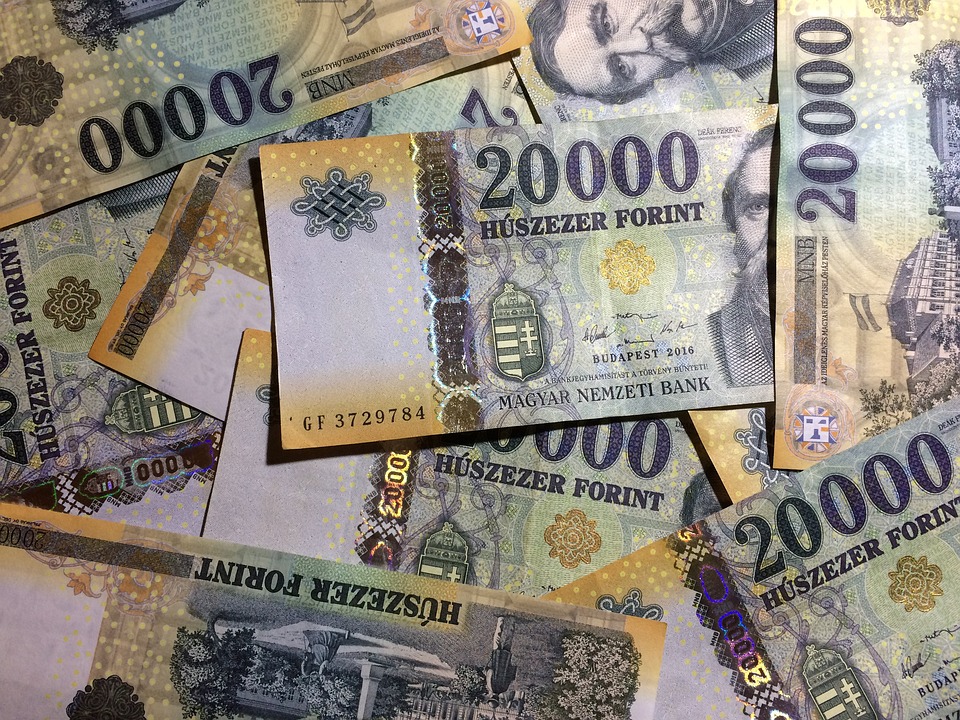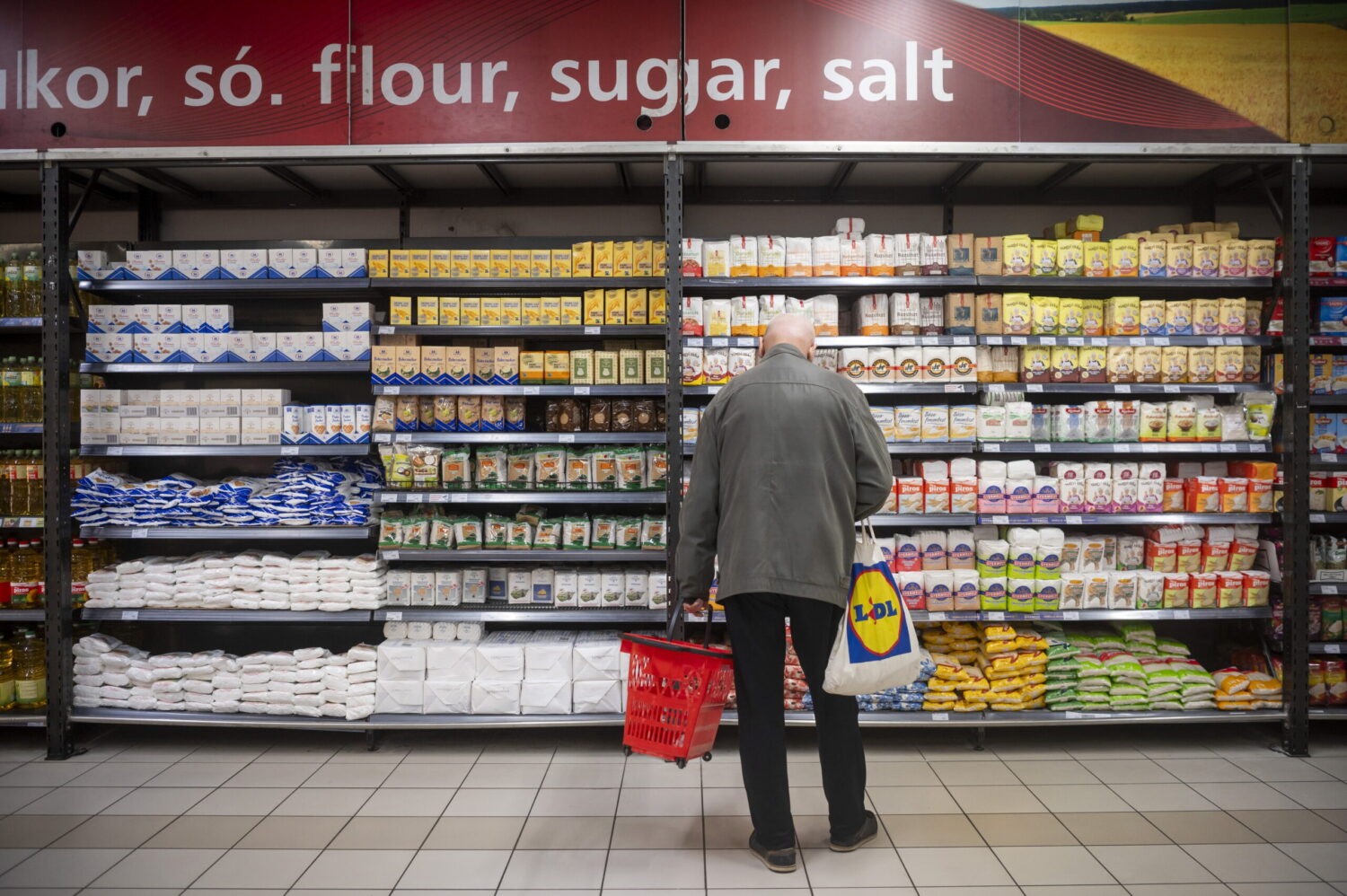
The MNB adjusted its inflation forecast to 4.5-5.1 percent from the 3.3-4.1 percent range expected in December.Continue reading

Persistently weak external demand may be the main reason why inflation is not falling below 4%, Péter Virovácz, senior analyst at ING Bank, told Világgazdaság. In June, consumer prices rose by 4.6%, mainly due to increases in food (6.2%) and services (5.4%).
Despite the government’s attempts to curb price increases with the profit margin freeze – that reduced inflation by one percentage point – it has still not managed to return to the central bank’s 4% target. According to Virovácz, weak demand would normally reduce inflation, but if it persists for a long time, companies will try to offset declining profits by selling more or raising prices. Companies are confident that everyone else will do the same, and that they will not lose market share.
The domestic manufacturing industry has been suffering from a lack of orders for a year due to the weak German economy,
which ultimately dashed the government’s growth prospects for this year.
Due to the weakness of the German economy, GDP growth is now expected to be around 1% instead of the 4% forecast at the beginning of the year. At the same time, there are no mass layoffs, although the labor market is not very strong either.
Virovácz also pointed out that, if we look at the data, it is clear that imported inflation is very high, meaning that external inflationary pressure is also strong. The expert stressed that imported inflation is high:
Even though there is ‘normal inflation’ in the eurozone, it is still 2 percent higher than it was ten years ago.”
As a result, we are now faced with wage pressure in the Hungarian economy, which is generating very high service inflation.
According to Gábor Regős, chief economist at Gránit Fund Management, individual factors – such as increased gas consumption due to the cold weather in May – also pushed inflation up. As a result, the price of gas rose by 18.4% on an annual basis. In addition, fruit prices also rose significantly (8.3%) due to poor harvests.
Regős emphasized that
high inflation expectations are also a problem: this encourages economic actors to actually raise their prices, thus becoming a self-fulfilling prophecy.
Inflation remained high in June in the areas of food (6.2%) and services (5.4%), despite government price agreements. The impact of the drought is only partially reflected in the data, but it could cause more serious inflationary pressure in the second half of the year. Inflation could range between 4% and 4.7% in the fall, but the elimination of price caps could push it above 5% next year, he added.
Via Világgazdaság, Featured image: MTI/Balogh Zoltán